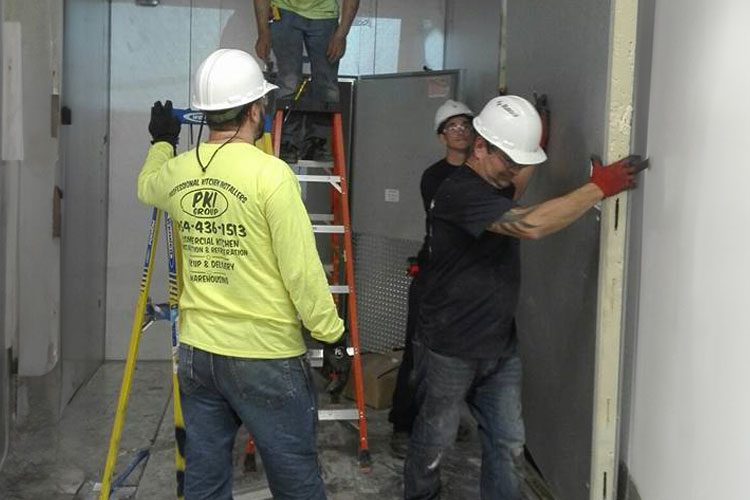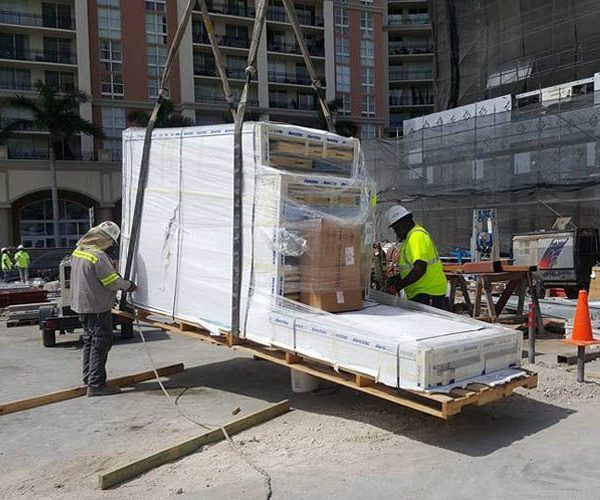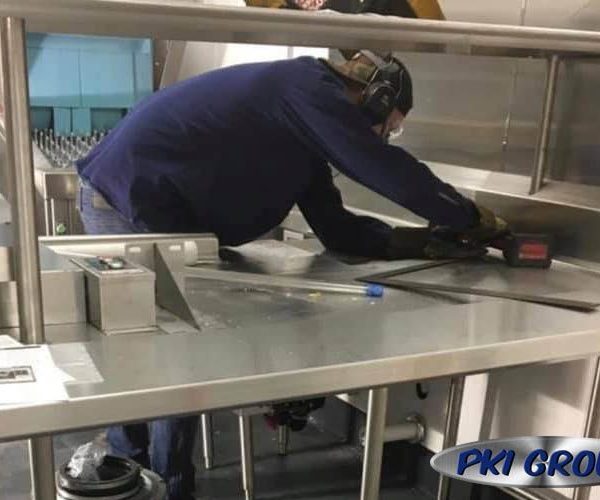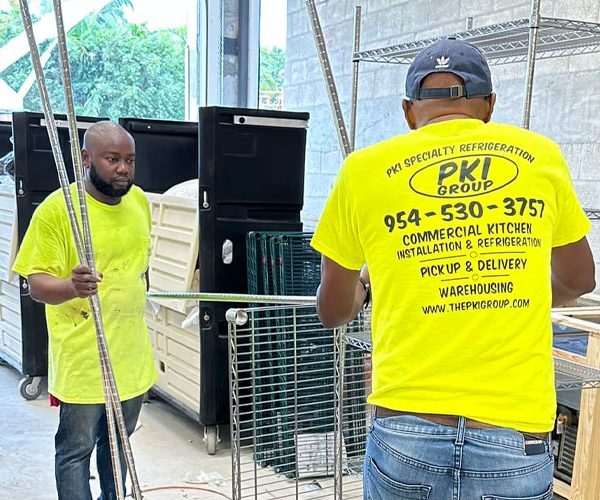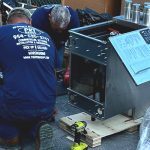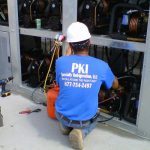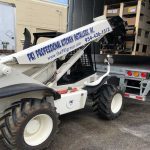When it comes to running a successful foodservice operation, few investments are as essential—or as expensive—as commercial refrigeration. Whether you’re operating a bustling restaurant, a supermarket, or a cold storage facility, choosing and installing the right refrigeration system can make the difference between efficiency and energy waste, product freshness and spoilage, and long-term savings versus constant repair costs.
Understanding the Purpose of Commercial Refrigeration
Commercial refrigeration systems are designed to maintain consistent temperatures in environments where perishable goods are stored. Unlike residential units, commercial systems must withstand heavy usage, frequent door openings, and large volumes of stock. Choosing the right one involves understanding your business’s storage needs, available space, and local compliance codes.
Types of Commercial Refrigeration Systems
Before installation, it’s vital to know the types of refrigeration systems available:
Reach-In Refrigerators and Freezers – Commonly used in kitchens for accessible cold storage.
Walk-In Coolers and Freezers – Ideal for high-volume storage in restaurants, grocery stores, or warehouses.
Undercounter Units – Great for small cafes and bars that require space-saving solutions.
Display Refrigerators – Used in delis, bakeries, and supermarkets to showcase cold products to customers.
Refrigerated Prep Tables – Designed for food preparation and storage, popular in pizzerias and sandwich shops.
Choosing the wrong system can lead to inefficiencies, energy spikes, and space limitations. Consulting with an expert ensures the selection fits the business model.
Key Considerations When Choosing a System
Capacity & Space Requirements: Always match refrigeration capacity with your expected inventory volume. Undersized units overwork and burn out faster; oversized ones waste energy.
Energy Efficiency: Look for ENERGY STAR® rated equipment. Energy-efficient systems reduce operating costs and environmental impact.
Temperature Range: Different products require specific storage temperatures. Make sure the unit can consistently meet those requirements.
Compliance with Health Codes: Local regulations may require specific refrigeration setups. Installers should be familiar with commercial kitchen codes and food safety regulations.
Maintenance & Warranty: Reliable systems come with strong manufacturer warranties and easy-to-clean components. Regular maintenance access is a must.
Professional Installation: Why It Matters
Installation isn’t just plugging in a unit. It involves electrical configurations, insulation checks, airflow planning, and system calibration. Poor installation can result in leaks, inefficient cooling, and rapid system failure. Professional technicians ensure every element is correctly set up—from the seal of the door gaskets to the airflow of condensers and evaporators.
Moreover, pros take into account kitchen layout, workflow efficiency, and accessibility for future maintenance. Improperly installed refrigeration units can block workspaces, complicate deliveries, or even pose safety hazards.
Long-Term Value & Support
A quality refrigeration system is a long-term investment. With proper selection and professional installation, your business avoids downtime, prevents product loss, and enhances energy efficiency. It also ensures smooth inspections by local health authorities.
When evaluating service providers, look for companies that offer full-cycle support—from consultation to installation to maintenance.
The PKI Group: Installing Commercial Refrigeration Systems
For business owners who want reliability, expertise, and long-term results, The PKI Group is a leading name in commercial refrigeration installation. With a proven track record in large-scale foodservice and hospitality projects, they ensure every system is installed with precision, compliance, and durability in mind. Don’t leave your cold storage to chance—partner with experts who deliver lasting performance. Call 954-530-3757
———-
Frequently Asked Questions: Installing Commercial Refrigeration Systems (FAQs)
1. What size refrigeration unit does my business need?
It depends on your daily volume, inventory turnover, and available space. A professional consultation helps determine the best fit.
2. How long does a commercial refrigeration installation take?
Installation time varies by system size and complexity but generally ranges from a few hours to several days for walk-in units.
3. What’s the best way to maintain a commercial refrigerator?
Regular cleaning of coils, gaskets, and internal surfaces, plus scheduled professional inspections, ensures long-term efficiency and performance.
4. Can I install a commercial refrigerator myself to save money?
DIY installation is not recommended. Improper setup can lead to leaks, system failure, or code violations—costing more in the long run.

